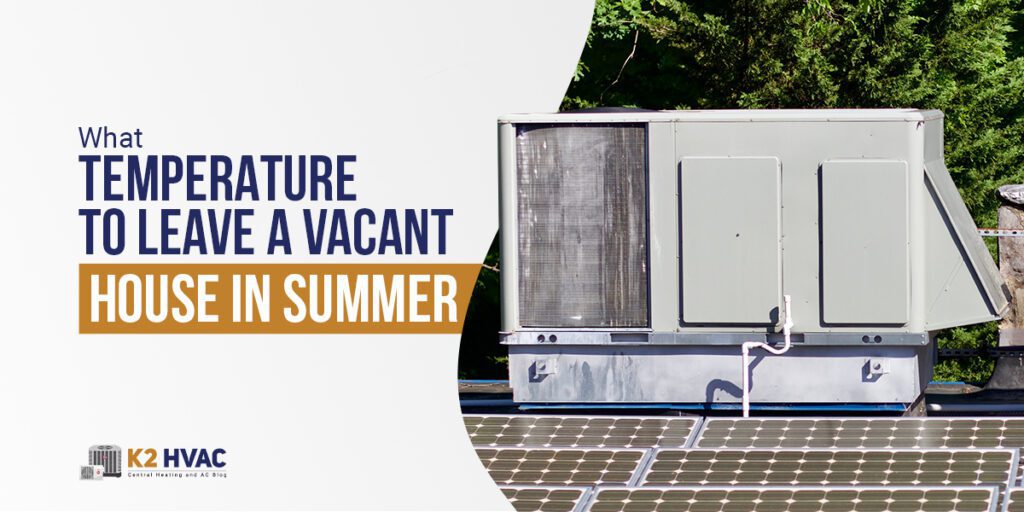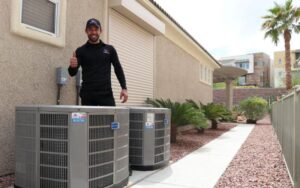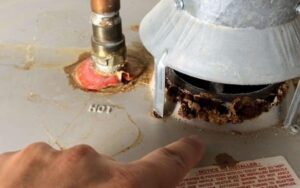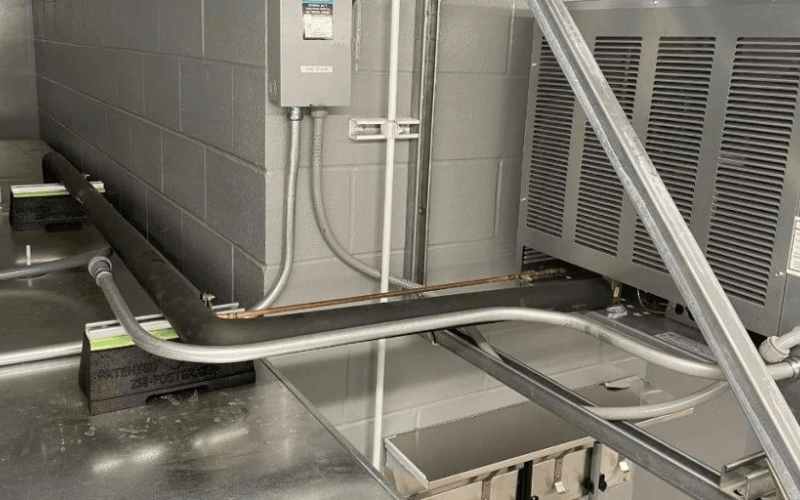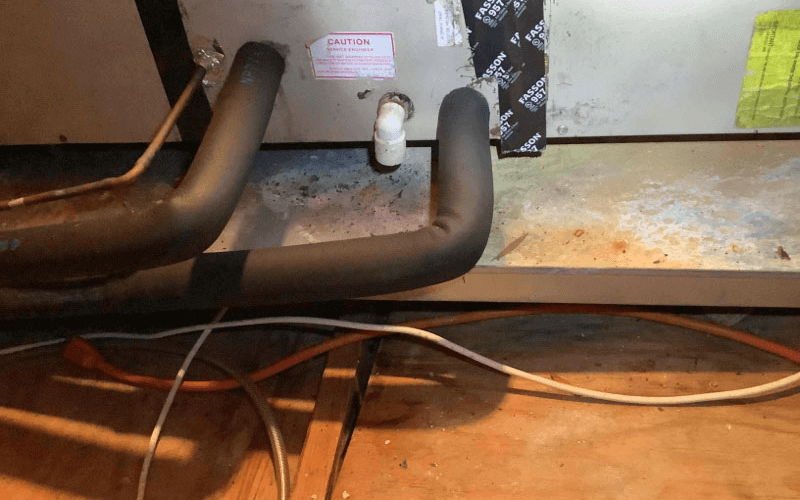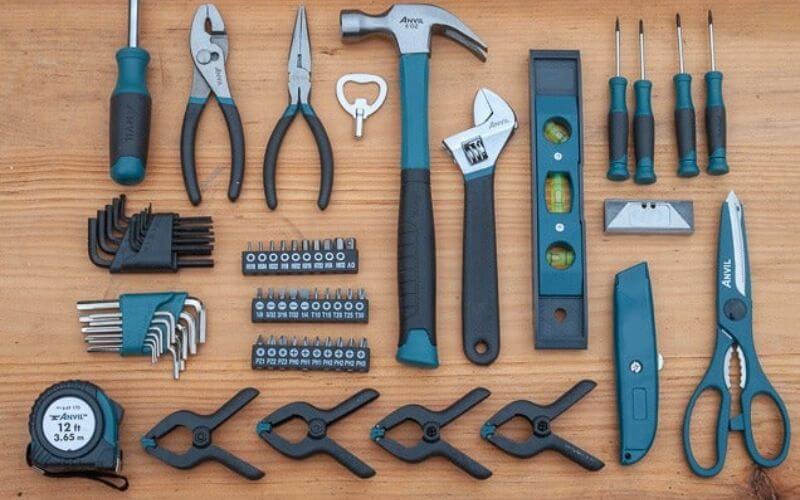Homeowners worry about what temperature they Should Leave Their HVAC System Running While They Are Away from home on vacation or for work. This question is most pertinent when owners are going from their homes for an extended period, during the summer months. Even though all homes need to have some ventilation and cooling system in place, there is no need to keep your property at a certain temperature when you will not be at home.
Table of Contents
ToggleAlso check: The Different Types Of Air Conditioning Filters For Your Home
Determining The Right Temperature Setting When You’re Away From Home
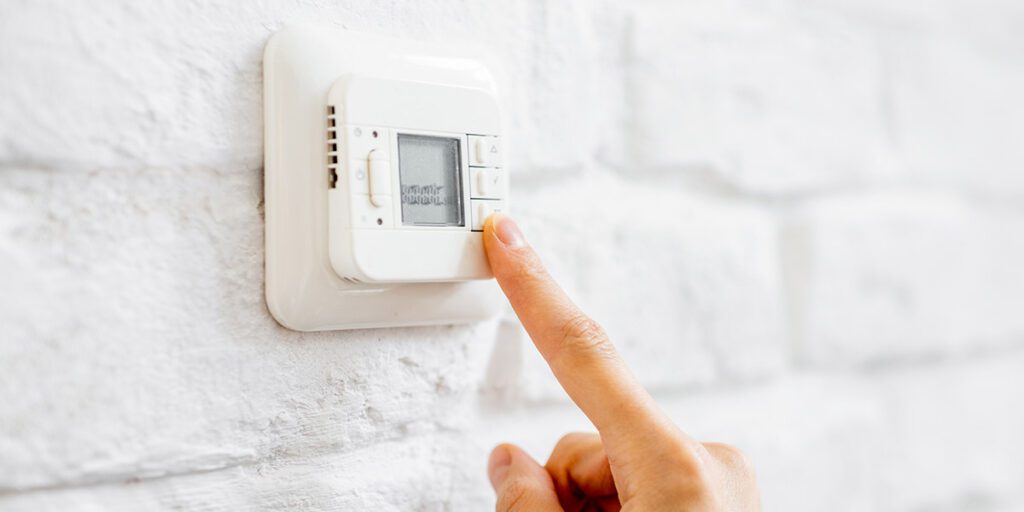
Heating and cooling systems left on in an empty house could cause problems with mold growth and structural damage due to moisture build-up. Here’s how you can go about determining the right temperature setting that would benefit your home when you are not there:
Dial Down the Thermostat Setting
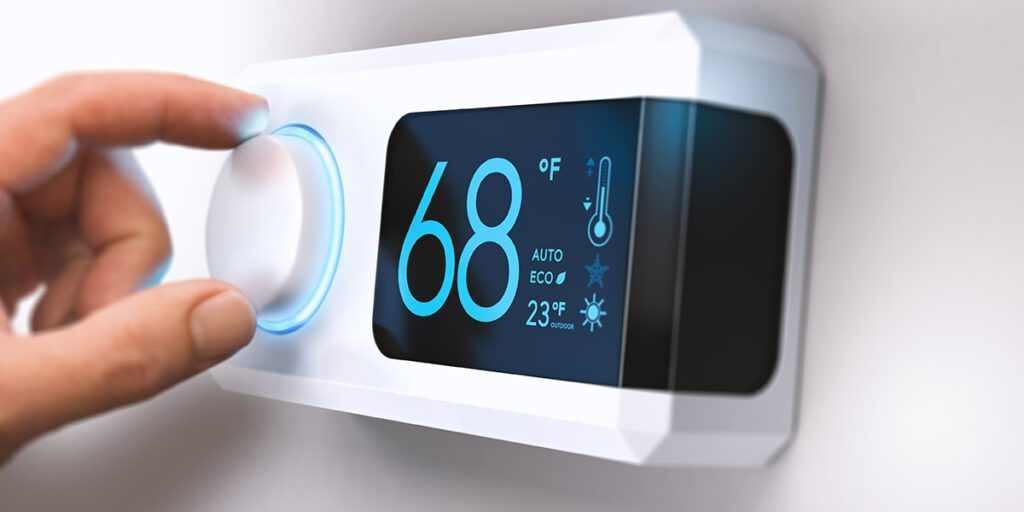
A common mistake that many homeowners make is to leave their home’s HVAC system on all day and night. This can be especially dangerous when owners are planning to be away for a week or more during the hot summer months. However, even homes left vacant for shorter periods, like weekends or holidays, should have the thermostat set at reasonable temperatures to prevent mold growth throughout the property.
Leaving your air conditioner on when you are out of town can do just about as much damage as leaving your central heating running full-blast since it will cause extra moisture in your home. It also puts added strain on electrical systems in homes with older wiring systems, which could lead to power outages when left on for too long. Unless your home is equipped with a programmable thermostat, you will need to manually adjust the temperature settings by the weather.
During warm, summer months, you should turn down your air conditioner to around 80-85 degrees Fahrenheit (26-29 degrees Celsius). You can set it lower, but 85 degrees is safe enough to prevent mold growth and damage to household appliances during longer periods of vacancy.
Make Sure Central Air Systems are Not Running Constantly
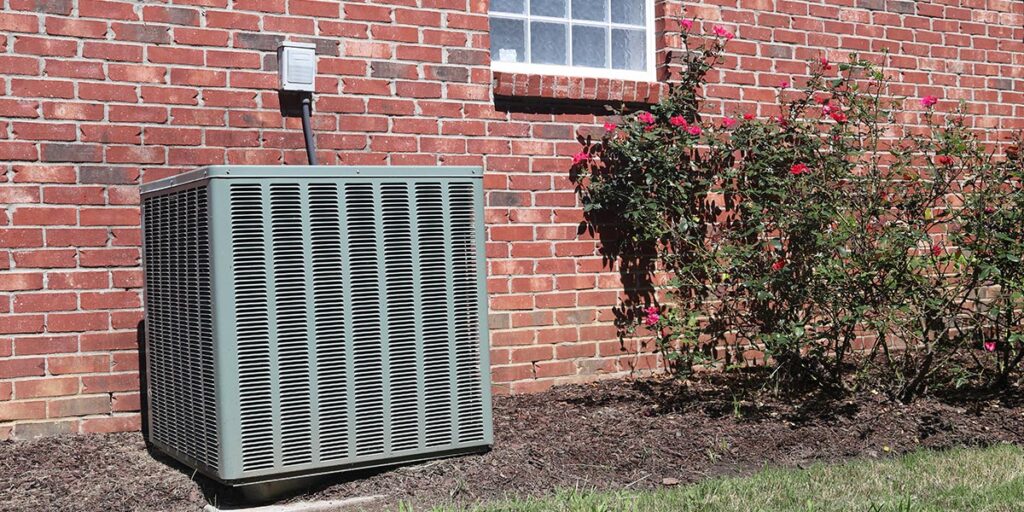
Condensation starts forming when there’s a considerable temperature difference between indoors and outdoors. When this happens in homes that have central heating and air conditioning systems that are running all day with fresh air coming in through open windows, homeowners run into problems with moisture damage.
Moisture buildup caused by air conditioners creates the perfect environment for mold growth throughout your home. It can also cause mildew to form on household furnishings and even some appliances, like dishwashers. If you are planning to turn off your heating and air conditioning system while you are out of town, there is no need to keep your central air system running constantly.
Since each unit has its thermostat, you can simply set it at a higher temperature than what’s inside to prevent condensation from forming on your windows. This will prevent any damage that would have been caused during long periods of vacancy if left on continuously.
What Temperature Should I Keep My Home At When Vacationing?
Keeping homes at around 50-60 degrees Fahrenheit (10-15 degrees Celsius) has become the standard for most homeowners who are heading away on vacation. Keeping your home at these temperatures will not help heating or cooling costs, but it will prevent potential problems with mold growth and moisture damage caused by leaving your central air running continuously.
Exceptions to What Temperature Vacant Homes Should Be Kept At
There are some exceptions that homeowners should keep in mind when determining what temperature their home should be during periods of vacancy, whether they’re going on a long vacation, staying at a relative’s house, or working for an extended period. If you have window units installed in multiple areas of your property, it would be wise to turn them all down to 60 degrees Fahrenheit or lower if you are planning to be away for more than one month. If you have a home built with radiant floor heating, you should make sure the temperature is set around 65 degrees Fahrenheit (18 degrees Celsius) if being away for more than four weeks. HVAC units that are installed in garages are not recommended, since their life spans are usually shorter compared to regular heating and Cooling Systems.
Conclusion:
Homeowners often wonder what temperature they should keep their homes while vacationing or staying elsewhere during the summer months. While turning down your Air Conditioner or central heating system will benefit your monthly energy bills, it’s important to remember that these methods of temperature control can also prevent any potential damage caused by excessive moisture build-up throughout your property.
The information provided in this article is not meant to replace the advice of a qualified HVAC service expert. We advise all homeowners who are uncertain about any aspect of their maintenance or repair needs to seek the help of properly trained professionals to ensure that any problems that arise can be quickly addressed and remedied.
Also check: How to Redirect Airflow from AC
One important factor homeowners should keep in mind when keeping their homes at lower temperatures during vacant periods is how much it will cost them in energy bills. If you don’t want to turn your home’s heating unit off completely, lowering the temperature setting by five degrees can help you save up to 10 percent on Monthly Energy Costs if left alone for shorter periods.
If you are looking for someone to help maintain the perfect temperature in your home while you’re away, contact K2 Mechanical today! We have the experience and knowledge necessary to keep your home comfortable all summer long – without breaking the bank. Remember that we are here 24/7 for all of your HVAC needs. If you need help with heating or cooling costs this summer or any other season please give us a call today!

